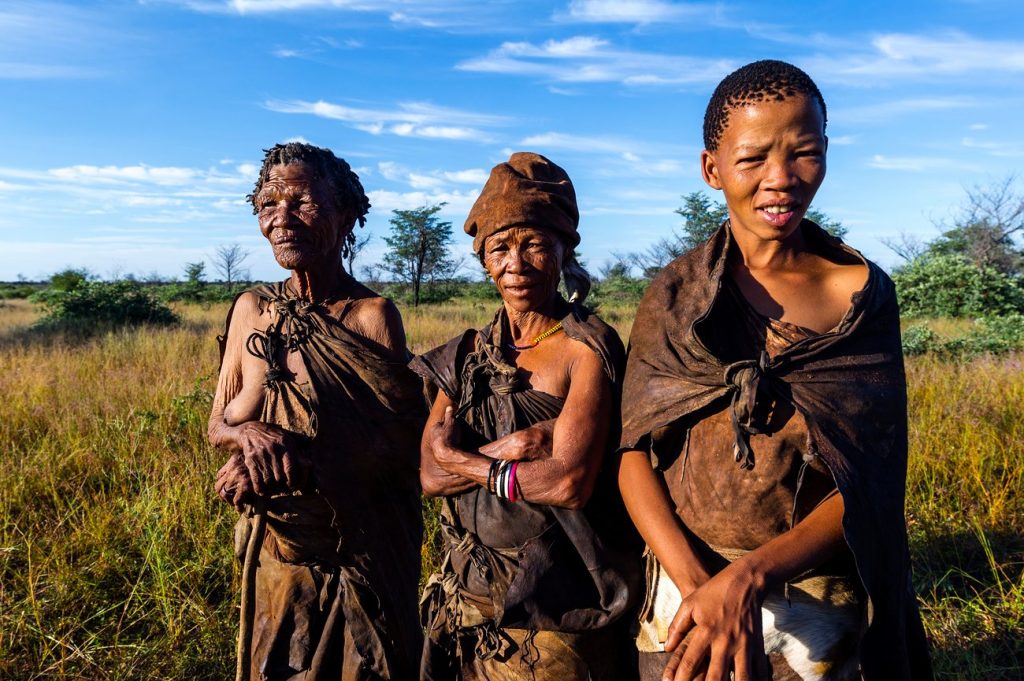The country director of ActionAid Rwanda, Josephine Uwamariya, has said a reduction of unpaid care work among women will allow them to participate equally in the society and the economy.

Uwamariya made the remarks today (Friday) in a training and dialogue for journalists on Unpaid Care Work.
The workshop was organized by ActionAid in partnership with Faith Victory Association (FVA), Duhozanye Organization and Tubibe Amahoro.
“Women play a big role in the development of our country. But those in rural areas still participate in unpaid care work such as cleaning, cooking and caring for children or the elderly. This excludes them from doing productive work,” Uwamariya said.
The training was aimed at equipping journalists with the necessary knowledge and skills to support in the sensitization of families, communities and duty bearers.
“Women’s unequal workload of unpaid care work should be reduced and redistributed through documenting and publishing case studies and stories of change,” Uwamariya added.
The unequal burden of unpaid care work on women and girls contributes to persistent gender gaps in the labour force, activity rates and wages.
“When women face challenges which undervalue them, the country, the family and the society all become affected. We own the country and we have to address issues of women. When a woman develops, the nation develops too,” she added.
Rwandan women are playing key roles in government institutions, judiciary, economy, agriculture, education, etc. They have been given a chance to participate in decision-making and hence, are part of the country’s development agenda.
However, others practice agricultural and participate in small scale businesses to support their families.
Experts say that unpaid care work remains a barrier to reaching gender equality as it reinforces discriminatory gender stereotypes that force women to stay home and limits their participation in the public sphere.
In 2013, the UN Special Rapporteur on extreme poverty and human rights stated that the unequal burden of unpaid care work on women, especially women in poverty, was a barrier to women’s full enjoyment of their human rights. This institutionalized inequality needs to be addressed by countries across the globe.

